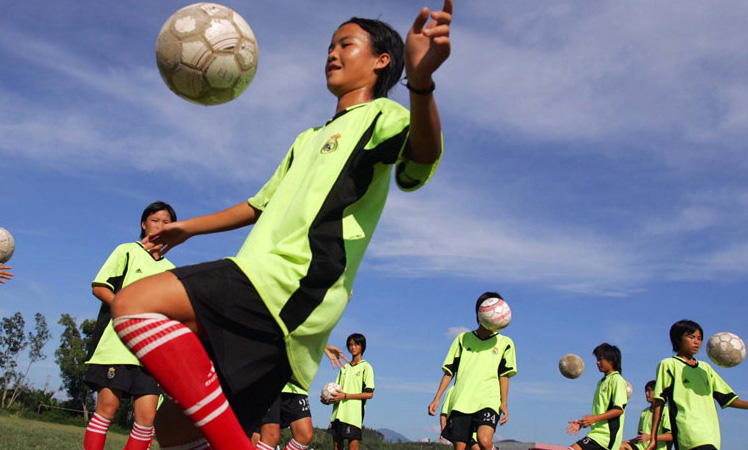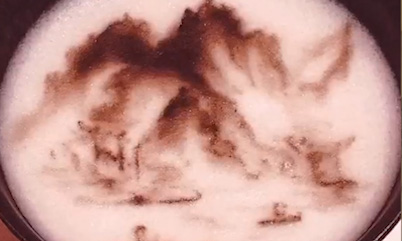India's new envoy to China assumes office amid welcoming voices, expectations to improve ties
India's new ambassador to China Pradeep Kumar Rawat assumed office on Monday amid welcoming voices and expectations from many Chinese following signs of positive momentum from the recently-concluded military talks to resolve border issues between the two countries.
Experts said Rawat's assumption of office came amid some encouraging signs of an improving atmosphere in China-India relations and there are high expectations from China that he could help improve ties. But they also warned that challenges lie in India's internal politics which usually drives Indian diplomats' behavior, and unless the Indian government sees China as what Chinese Foreign Minister said a partner in mutual achievement, rather than an opponent, and takes concrete moves, it is still not easy for bilateral ties to return to the right track immediately.
Rawat arrived in China on March 4 and took office on Monday, according to the Embassy of India.
Many Chinese netizens welcomed the new envoy who can speak Chinese fluently and "knows China well," expressing wishes that he could fix damaged ties.
"Welcome! Hope the two ancient Oriental civilizations can communicate and exchange more, seek common ground while shelving differences and achieve development together," read one comment with the most likes under the embassy's post that announced Rawat's arrival on Chinese social media Sina Weibo.
"Welcome to China! A close neighbor is better than a distant relative. I hope China-India relations will improve and we can work together to protect Asia," read another.
Rawat assumed office three days after the 15th round of China-India corps commander level meeting concluded on Friday, in which consensus was reached on maintaining dialogue through military and diplomatic channels to reach a mutually acceptable resolution to the remaining issues.
Experts said that Rawat came as China-India relations have been seeing signs of a gradual detente on many fronts, including diplomacy, military and economy, and might improve further since he took office, despite questions remain on what extent he could be constructive.
Qian Feng, director of the research department at the National Strategy Institute at Tsinghua University, told the Global Times on Monday apart from the positive signs from the military talks between the two countries, tensions between Chinese and Indian netizens have also eased somehow since the two sides saw more similarity in views over the Ukraine crisis, where both called for solving the conflicts in a peaceful way.
"It is a manifestation of friendship between the two peoples, which once again shows that China and India share very similar points of view on major international affairs," Qian noted.
China-India trade reached $102.29 billion, exceeding $100 billion for the first time in 2021.
The data showed that that there is common basis for social and civil contacts between the two countries, Qian said.
Rawat had served as an Indian diplomat in Hong Kong and Beijing between 1992 and 1997. He returned to Delhi in 1997 and served in the East Asia Division for over three years. He then served as first secretary in the Indian mission in Mauritius. He started his second tenure in Beijing in 2003 as a counselor and ended it in 2007 as deputy chief of mission.
Qian said that Rawat's duty is to determine how to serve as a "bridge" to push forward the bilateral relations as ambassador, as he witnessed the time when China and India had good relations, especially during the past 20 years, and he understands the problems between China and India.
But observers also pointed out that Rawat's constructive role in improving China-India relations might still be limited as there remain challenges in fixing the damaged ties that are mostly determined by India's internal politics.
Indian media reported that Rawat is an experienced and professional diplomat who can "speak fluent Mandarin [Putonghua]" and with deep ties with China. He has a Chinese name, "Luo Guodong," and many Chinese experts on Indian studies are familiar with him.
Photos
 Enchanted winter scenery of Barkol, NW China's Xinjiang in early spring
Enchanted winter scenery of Barkol, NW China's Xinjiang in early spring Traditional tie-dye products of Buyi ethnic group in Guizhou popular among tourists
Traditional tie-dye products of Buyi ethnic group in Guizhou popular among tourists Girls from mountainous areas in Hainan pursue football dreams
Girls from mountainous areas in Hainan pursue football dreams Chinese artist forms elaborate images using whisked tea foam in revival of Song Dynasty’s cultural splendor
Chinese artist forms elaborate images using whisked tea foam in revival of Song Dynasty’s cultural splendor
Related Stories
- China seriously concerned over India's crackdowns on Chinese companies, apps
- China's Commerce Ministry urges India to treat all investors fairly
- China-India corps commander level meeting constructive: defense spokesperson
- Chinese consulate general, Bengal chamber of commerce hold webinar to promote China-India economic cooperation
- China, India hold 14th corps commander level meeting
Copyright © 2022 People's Daily Online. All Rights Reserved.






